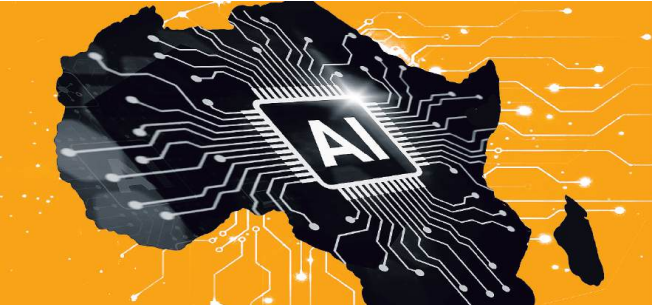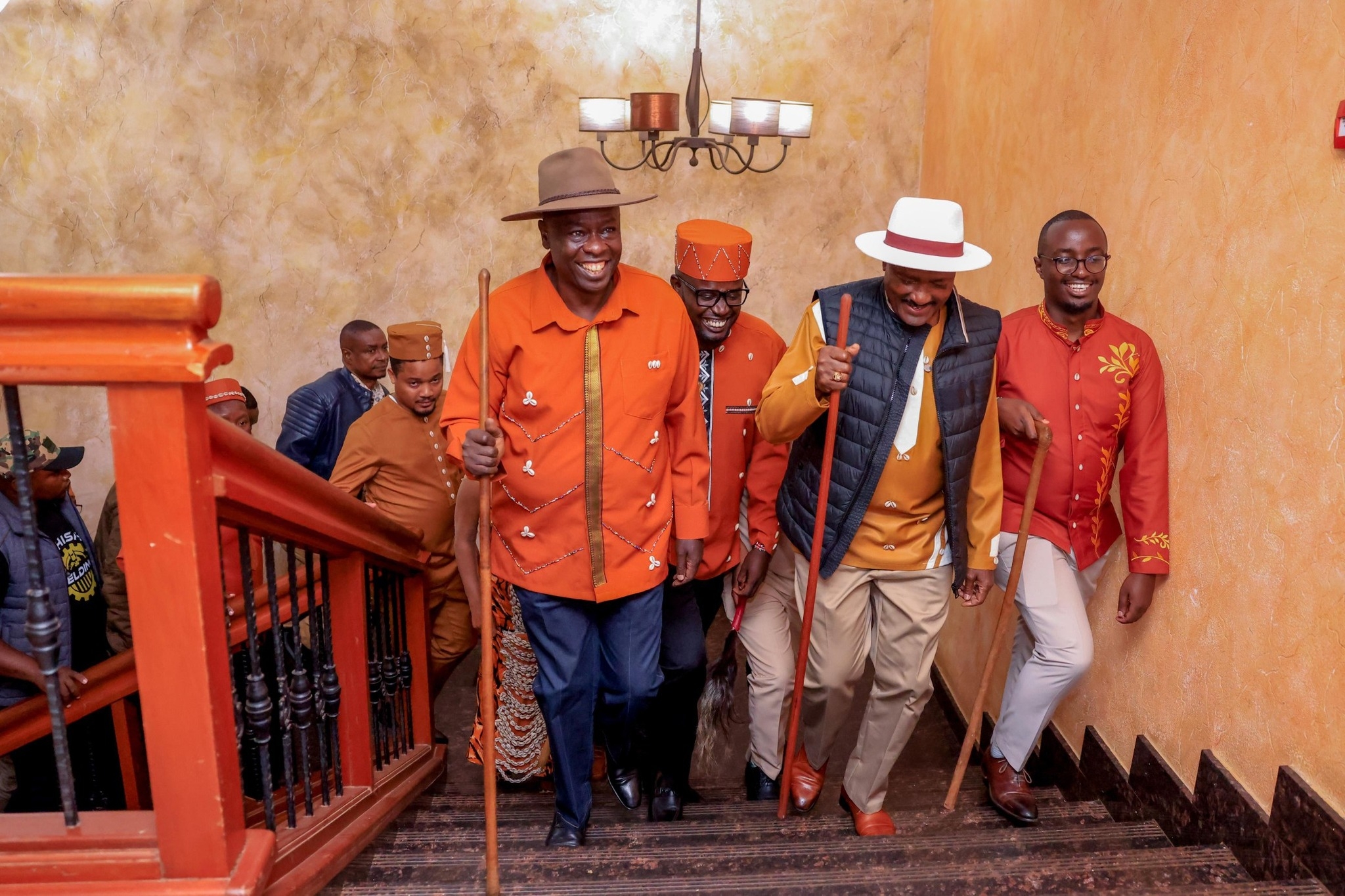

A few months ago, a market vendor in Nairobi was denied a digital loan. She was not a defaulter. She ran her stall faithfully six days a week, belonged to a savings group and saved on her phone. But the app said no.
No explanation. Just a quiet decision by an algorithm trained far away—on data that did not understand her business, her culture or her economy. This is not science fiction. It is not the future. It is happening now.
Artificial Intelligence (AI) is already influencing life across Africa. From mobile lending in Lagos to health diagnostics in Kigali, school assessments in Accra to agriculture forecasts in Addis Ababa, AI is quietly shaping decisions that affect millions.
And while it promises faster, cheaper, smarter solutions, there is a growing problem: the systems making these decisions were not built in Africa, for Africa, or by Africa.
We do not own the code. We do not control the platforms. And unless we act fast, we will not control the future either.
Most of today’s AI is developed in the United States or China, trained on data that reflects those societies—English news sites, Western hospitals, formal economies and urban infrastructure. When these models are applied in African cities, schools, hospitals and farms, they often misinterpret, misdiagnose or exclude.
An AI model might flag an informal trader in Bamako as high risk simply because she does not bank formally. A chatbot in Kinshasa may fail to understand Lingala or Swahili. A health tool in Mombasa might miss a diagnosis because it was not trained on African genetic data or local diseases.
The danger is not the technology itself. The danger is leaving the future to be designed by others, for others. If Africa does not shape AI, AI will shape Africa. And not in our favour.
We will become permanent data subjects—scanned, predicted and scored—without ever being seen. The AI revolution could easily become a new form of digital colonialism: where we are the users, but never the owners; the test market, but never the decision-makers.
But it doesn’t have to be this way. What must we do?
One, collect our own data. We need African data to train African systems. That means supporting local research, open data initiatives and community data trusts—platforms where people contribute data safely and collectively, ensuring it is used for public benefit, not just private profit. Whether in health, weather, transport or agriculture, our realities must be embedded into the tools we use.
Two, solve African problems. We do not need AI to help us colonise Mars. We need it to track malaria outbreaks in Malawi, detect fake drugs in Nigeria, improve school access in Uganda and help farmers in Burkina Faso manage erratic rains. The power of AI lies in serving people’s real needs—if it is built by those who understand them.
Three, train our people. AI literacy must become as essential as reading and writing. From schools to vocational training centres, from coding bootcamps to online courses, we must teach young Africans not just how to use AI, but how to build, question and improve it. Free tools like Elements of AI and AI for Everyone are already available online. Let’s expand access and localise them further.
Four, build trust and protect rights. If an AI system handles your personal health record, your education or your money, you deserve to trust it. We need strong, enforceable laws that protect privacy, prevent algorithmic bias and allow people to challenge unfair automated decisions. Citizens must demand these protections from their governments, not after harm, but before it.
Five, act together. No single country can do this alone. But the African Union is crafting a continental AI strategy. Institutions like Smart Africa and hubs across Cairo, Kigali, Dakar, Nairobi and Cape Town are already pioneering solutions. What we need now is investment, regulation and shared infrastructure that allow Africans to lead—not follow—the AI age.
What can you do today? One, share this article. If someone says AI is a foreign issue, show them otherwise. Two, ask your MP, governor or minister: "What are we doing to prepare for AI in education, agriculture, and health?:
Three, take a free online course—or share one with your school, youth group or local tech hub. Four, support African startups building solutions for local problems. And five, start conversations—in classrooms, boardrooms, WhatsApp groups and barazas—about how we want AI to serve us.
AI could deepen inequality. But it could also open doors that were previously locked. With the right investment, Africa can become a global leader in AI that’s socially grounded, multilingual, ethically governed and deeply human-centred.
Imagine AI tools trained in Africa being exported to the world, just as we leapfrogged in mobile money. Imagine jobs not lost, but created. Imagine new industries solving old problems, on our terms.
That future will not be given to us. We must build it. The future is being written in code. We, the people of Africa, must write our part of the story.
OKumu is a surgeon, writer and advocate of healthcare reform and leadership in Africa













